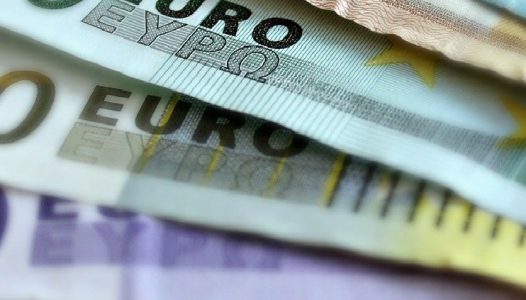by Lieve Lowet
This is the last part of the series of three articles about my in-depth investigation of the aforementioned measures as a result of the corona crisis. All the above actions, mentioned in the two previous articles, we although, prima facie and probably well intended, carry nevertheless a very heavy price. I will focus on the insurance sector by naming five topics.
First: core principles of the Treaty are neglected. By urging despite the strong capital ratios that all insurers should stop paying dividends for the time being, without further analysis or reference to business model, LOBs underwritten, SCR level, etc.. the principles of proportionality and adequacy were not respected, even if the tool was only a ‘statement’ (see Article 1(6) EIOPA regulation). It should be noted that statements can become legally enforceable if Member States decide so;
Second: EIOPA didn’t let the regulatory framework do its job. The Solvency II framework allows for supervisory action if and when the SCR comes into the danger zone. No link was made to the effective health of the SCR. No reference was made to the ORSA as Van Hulle commented recently here. Article 138,4 of the SII directive was not used, although EIOPA refers broadly to Article 138 and to the supervisory ladder in its first March statement. But it did not mention ‘exceptional adverse situations’. By anticipatively urging to keep the cash inside, even before an exceptionally adverse situation, the supervisors killed the supervisory ladder, while at the same time saying that maybe the framework is not so solid as we think it is and that e.g. the liquidity risk as laid out in the framework was not properly calibrated. Was all our work over the past ten years in vain? Or was it just a last conservative convulsion or reflex of the old system?
Third: under the proviso that an insurance solvency position is in the danger zone, there is no equivalent provision in the Solvency II framework equivalent to Article 141 CRD. Going further down the road, there is also no equivalent provision to Article 16a of the Banking Recovery and Resolution directive (BRRD) regarding powers to prohibit certain distributions. Even if such CRD and BRRD provisions would have been foreseen for insurers, would these have been a sufficient base? As there is in the statements no reference to danger zones, nor to a recovery and resolution situation, it seems they wouldn’t, so the inclusions of provisions equivalent to those in the CRD and BRRD banking legislations on the insurance side could not have been the competence base of the urge to postpone today. Preventive governance?
Fourth: can company law continue to function if an Authority, using moral powers, is able to overrule a general assembly of owners of a perfectly healthy insurer as a measure of consumer protection? In addition, in the case of a mutual insurer where the members are the policyholders, the rationale of protecting customers seems odd and contradictory. Without supervisory authorities, several listed non-financial groups are moving autonomously in the same direction, suspending dividend payments.
Fifth: by urging to postpone dividend payments, the Authority not only created a waterfall effect towards other sectors of the economy counting on dividends, but also threw the child out with the bathwater. How can a Capital Markets Union and probably also the PEPP continue to be credible: “On the Capital Markets Union, the demand side must be our next focus, so that private savers , so that private savers can benefit from capital markets” (Bernardino, November 2019). If the purpose of the CMU is to diversify the financing base of companies, who will in the future be willing to invest in capital markets instruments if -when push comes to shove- proceeds are being blocked and pensions potentially endangered.
Dividend holders are not only institutional but also for example employees (via employee stock ownership plans), governments, public pension funds, not-for-profit organisations, retail shareholders who rely on dividends as an important part of their income, ….”Dividends are essential to the livelihood of most pension schemes; therefore, the state should not prohibit these payments unless the company is badly hit by the Corona-crisis and has liquidity problems or has received public relief funding” (Better Finance, press release 23 April 2020). Who will invest in the future if there is no guarantee that rightful returns can be paid out?
Lastly: how exceptional is this pandemic crisis? As it has not been labelled an exceptionally adverse situation, nor a systemic risk crisis, how will future crises be dealt with? Has this created a (dangerous) precedence? The urge to act is strong. But normative integrity should be strong too.
This is the last part of this series of 3 articles by Lieve Lowet. You can respond and ask Lieve questions via the comments button at the bottom of this article.
The author, Lieve Lowet is an EU Affairs consultant and lobbyist since 2003, focuses on European dossiers relevant for the insurance and pension sector. From 2003 to 2008, she was Secretary-General for the international mutual insurance association AISAM (now AMICE), which accounted for 15% of the European and 6% of the world insurance market. Prior, she worked for McKinsey as a European banking and insurance expert.





